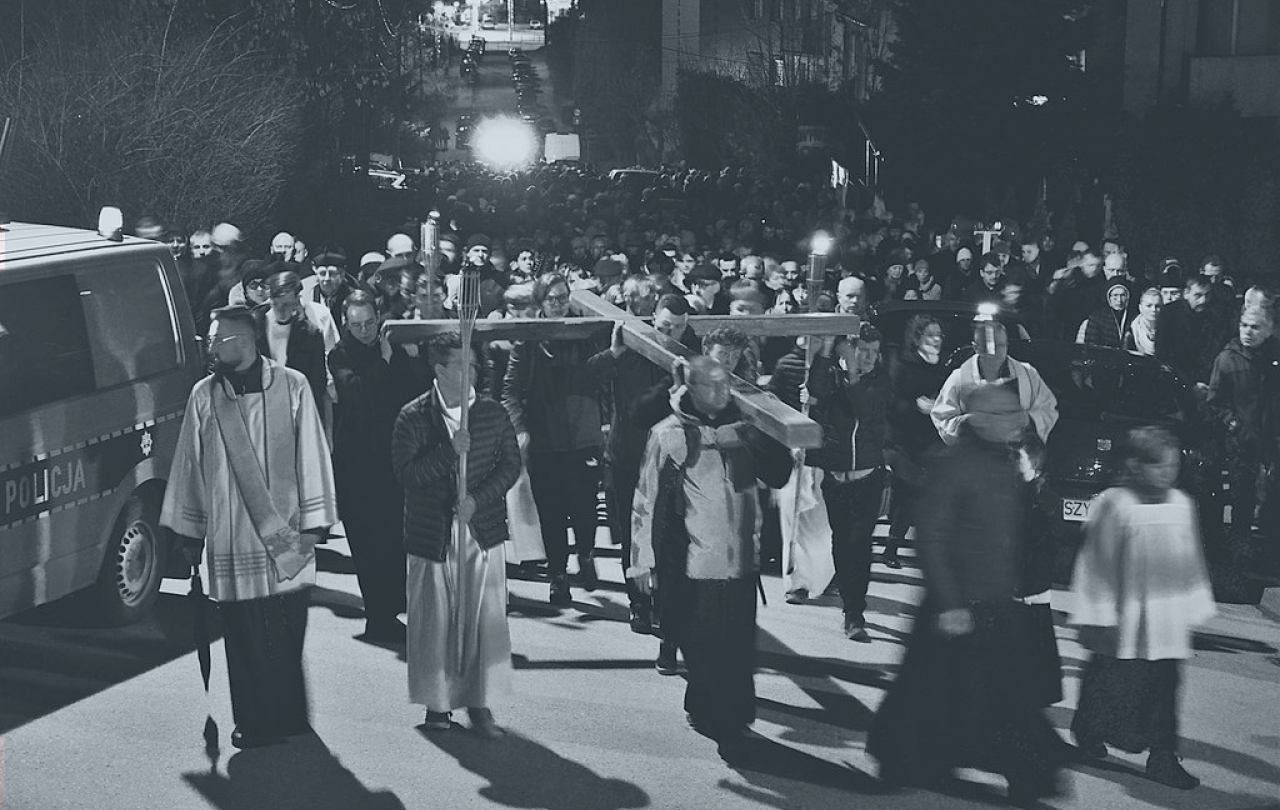Who are we without our bodies? When people die, Christians insist that their body isn’t just a “shell” of the real person. No, their body still is the person. That’s why cremation didn’t catch on in the Christian west until recently, and even so, your local priest might turn up their nose if you want to distribute the ashes into jars to be divided between the grandkids. Often, as soon as a person dies, our impulse is to insist, “she’s not there.” This is because our culture is body-obsessed when we are living, and body-denying when we die. As Prof John Behr, a University of Aberdeen specialist in thinking about death, observes, we want to live like hedonists and to die like Platonists. Easter presents a counter-narrative here. Our bodies have meaning. Jesus’ body has meaning.
In re-living the events of Holy Week, all eyes are on Jesus’ body. And Jesus’ body is doing some very physical actions – like healing bodies, raising bodies, touching unclean bodies, washing feet. And then it is his turn to have his body ravaged by arrest, torture, sleeplessness, betrayal, and execution. All eyes are not on the idea but on the body of Jesus. So much so, that they put guards at the tomb so that there could be no more monkey business about this man’s body.
It might seem peculiar to us that Christianity, infamous for its historically mixed relationship to the body, is centered on one man’s body. Ancient Christians spoke poetically that the tomb that held Jesus’ body became a womb. In his death, in the absolute silence of death, Jesus chose to share dead-ness with us. That this was the essence of his “work.” That his work could only be accomplished by surrendering, doing nothing – and that in doing nothing, he undoes the great “nothing” that threatens each one of us. Almost everything we fear, big and small, is somehow connected to a fear of death in one form or another. It is not death, per se, but the “fear of death” that enslaves us (says an early Christian preacher in Rome. And so, Easter stands at that pivot point between fear of death and life. Christians celebrate Easter as the day the world tilted. Where death no longer has the final say, but is something we can now use to our advantage. In fact, life begins to break in precisely through death. This is only because, as James Alison once said in an Easter sermon, “He entered into death and made it untoxic.”






